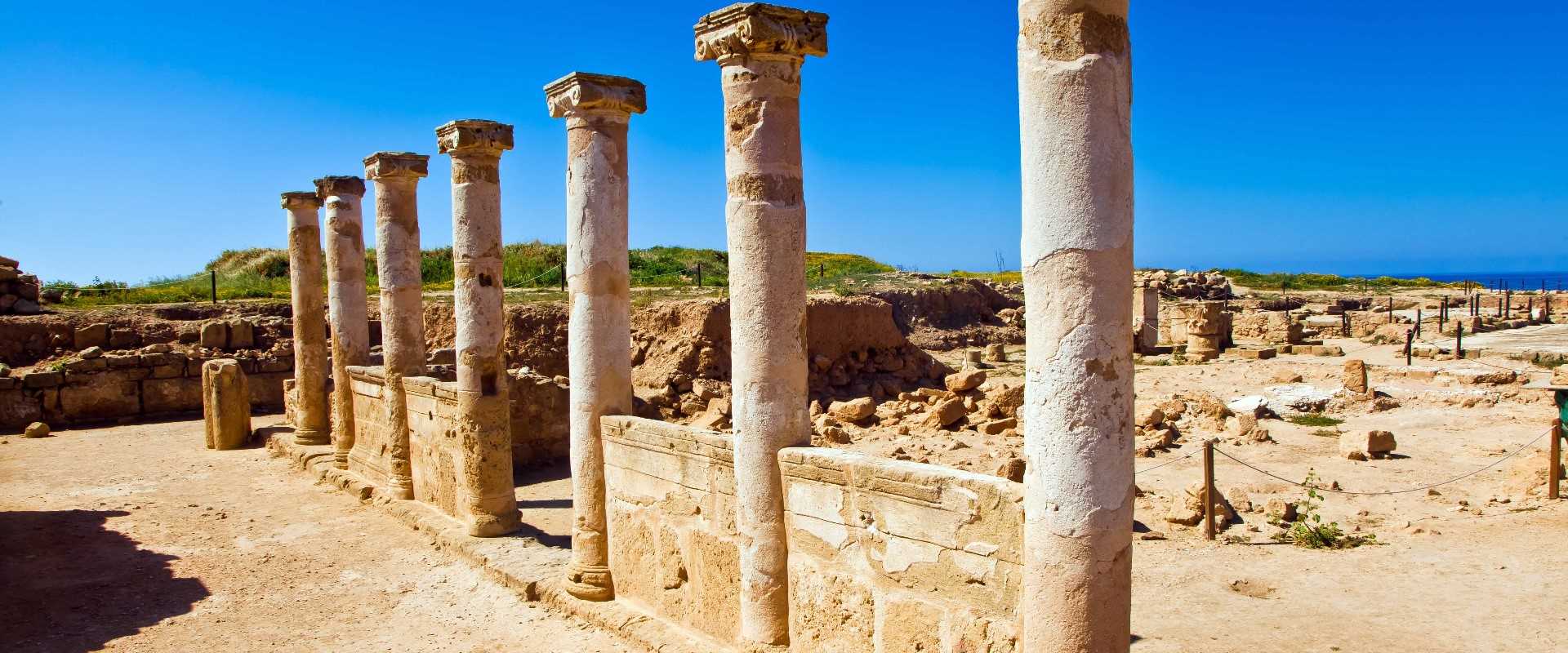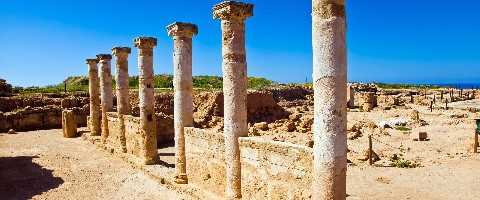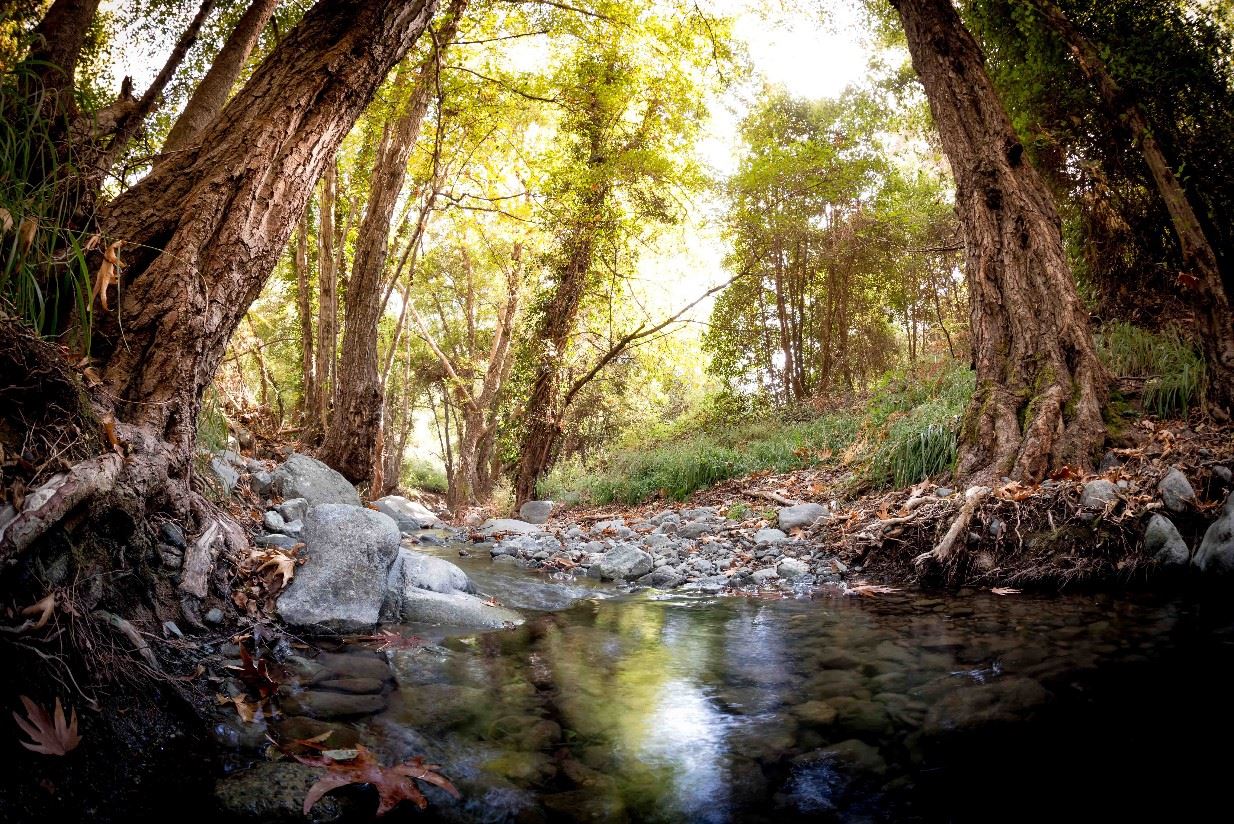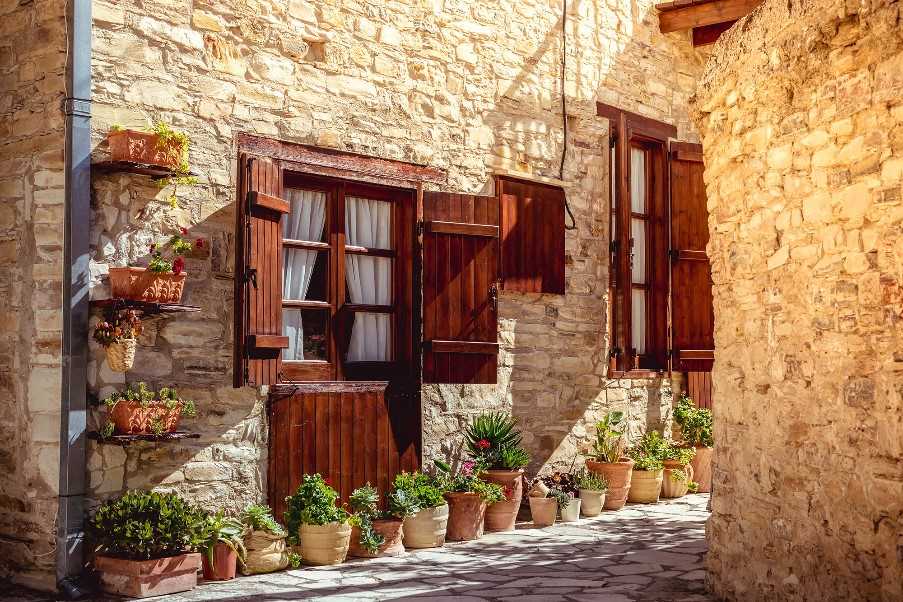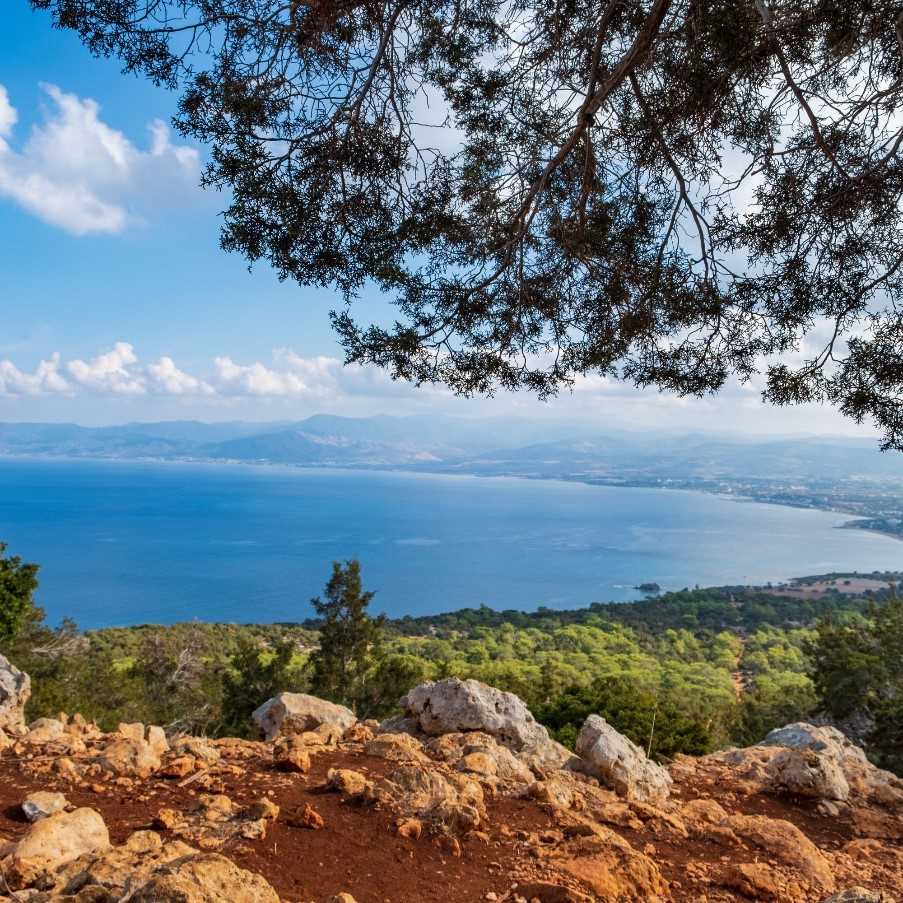Introduction to self guided walking holidays on Cyprus
Since we first started operating to Cyprus in 1970, some of our most popular holidays have been our multi centre, fly drive holidays.
However, over the years, the benefits of walking, both for health reasons and as a more environmental mode of getting from A to B, have prompted us to develop a selection of walking routes combined with some local experiences which we know our clients will enjoy.
By walking from one village to the next or by following one of the many village routes at each destination, you will see a side of Cyprus which popular opinion has mistakenly thought to have disappeared completely, in favour of mass market sun and sea tourism.
The villages and mountains behind the crowded coast are the jewel in the island’s crown. These are largely ignored by the standard visitor. The foothills of the Troodos Mountains are resplendent with vineyards, olive groves and carob trees, interspersed with traditional, little-changed villages. Life moves slowly away from the coast and farming is the main occupation. The lower slopes are planted with Almond, walnut, apple, pear, cherry, plum and peach trees; the air filled with the sound of rushing streams. And above, rising to 1,952 metres, the mountains are heavily forested with black pine, cedrus and plane trees and home to the elusive Mouflon mountain sheep.
Cyprus spring begins at the end of February with the almond blossom. March through to May and September through to November are the months when you should visit, with coastal temperatures between 19 and 24 degrees and those in the mountains between 10 and 24 degrees.
The accommodation we have chosen is in comfortable, owner managed two and three star hotels on bed and breakfast or apartments on a self catering basis. We have worked with all these hotels and apartments for many years and they have been a staple part of the Cyprus programme. The exception is in Kalopanayiotis, where we feature the excellent 5 star Casale Panayiotis. In some locations, it is possible to upgrade to nearby hotels of a higher grade.
The Forestry Department has created a number of trails within the state forests in various parts of the island, from Cape Greko in the southeast to the Akamas Peninsula in the west. These have been carefully designed to cover areas of rich, natural vegetation and cultural interest. They have been landscaped on gentle gradients and are, as a rule, circular so that all age groups can easily use them. In many cases, there are signposts in place, to indicate the starting point of the trail, as well as flora and geology features along the route.


